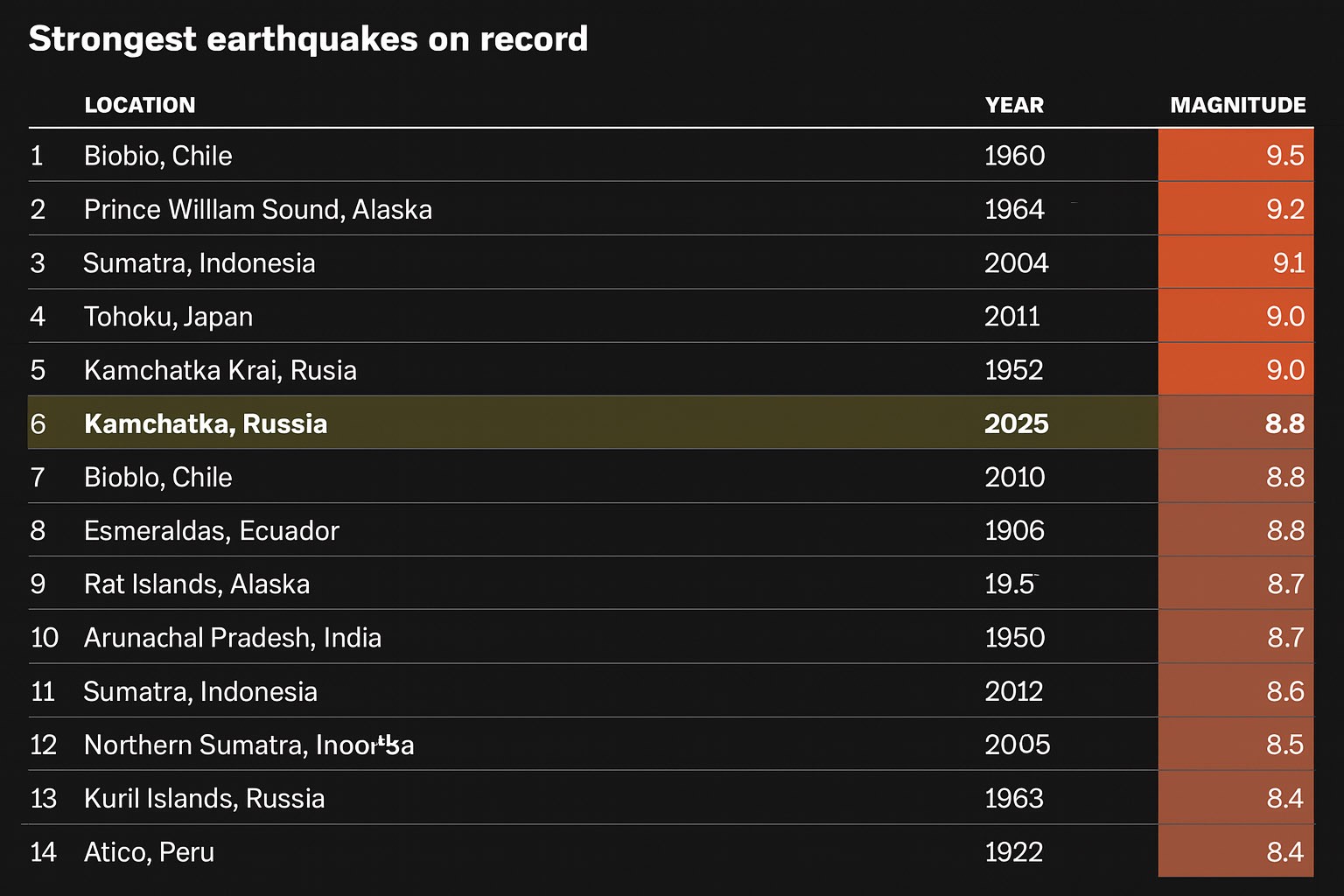On July 7, 2025, Uzbekistan adopted Law No. O'RQ-1073 "On limiting greenhouse gas emissions", aimed at forming an integrated carbon management system and fulfilling the country's international obligations under the Paris Agreement. The document consists of 6 chapters and 29 articles and for the first time at the legislative level establishes the principles, mechanisms and institutional framework of the republic's climate policy.
The Law lays the foundation for legal regulation in the field of state accounting, monitoring, verification and reporting (MRV) on greenhouse gas emissions, and also defines the status of carbon units subject to circulation both in the domestic and international markets. The document provides for the creation of a register of carbon units and gives the Ministry of Economy and Finance the function of an authorized body in this area.
One of the key provisions is the development of targets for reducing emissions, which should take into account both industry specifics and the country's obligations under international agreements. At the level of the executive branch, in particular, the Cabinet of Ministers, the criteria for "green" projects implemented by legal entities, individual entrepreneurs and individuals will be determined.
The implementation of this law will allow Uzbekistan to create a transparent and verifiable system for accounting for reductions, as well as streamline trade in carbon units both at the national level and within international platforms. This is of key importance in the context of the global transition to a low-carbon economy and the emergence of cross-border carbon regulation in the world's leading economies.
The adoption of the law is part of the national climate strategy, according to which Uzbekistan has committed to reduce specific greenhouse gas emissions by 35% by 2030 compared to the level of 2010. This commitment is reflected in the Nationally Determined Contribution (NDC) presented under the Paris Agreement.
The implementation of the provisions of the law also includes business obligations: legal entities and individuals engaged in activities that contribute to reducing emissions will have clear legal grounds for participating in the quota trading system and access to international climate financing mechanisms.
The Ministry of Economy and Finance has been appointed as the responsible body for developing and implementing policies in this area, which will coordinate the creation and maintenance of the national register of carbon units, as well as the organization of trade operations with them.











